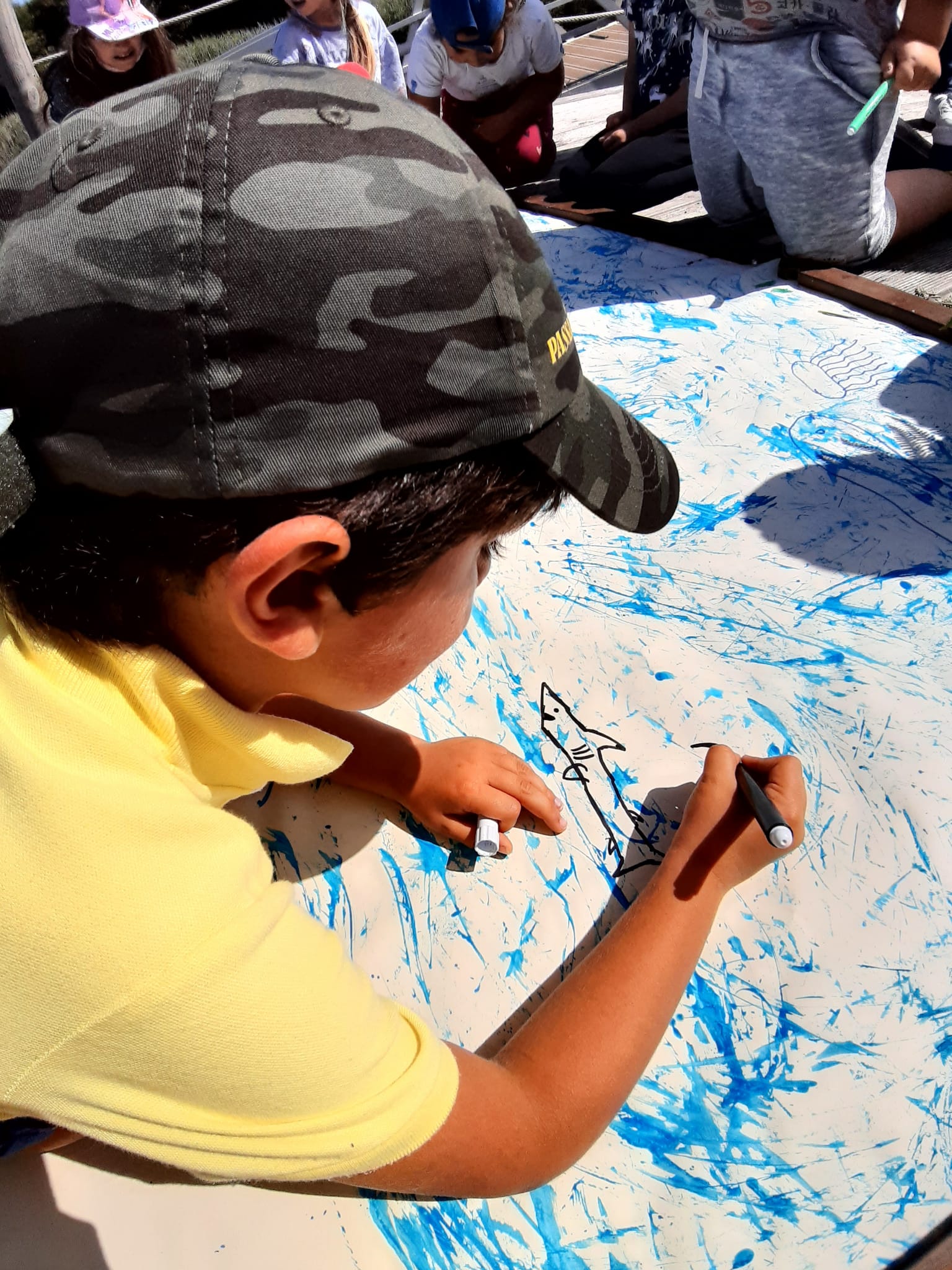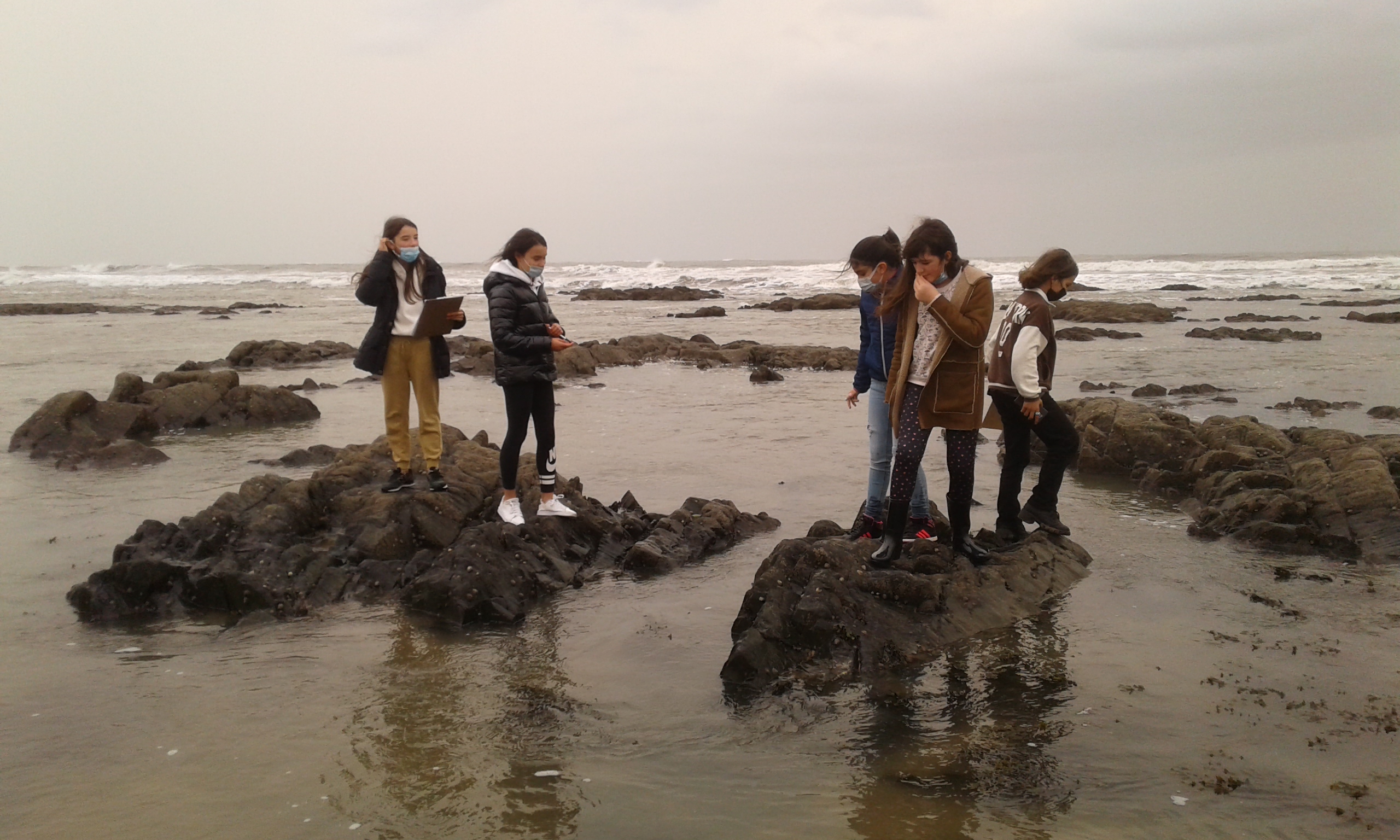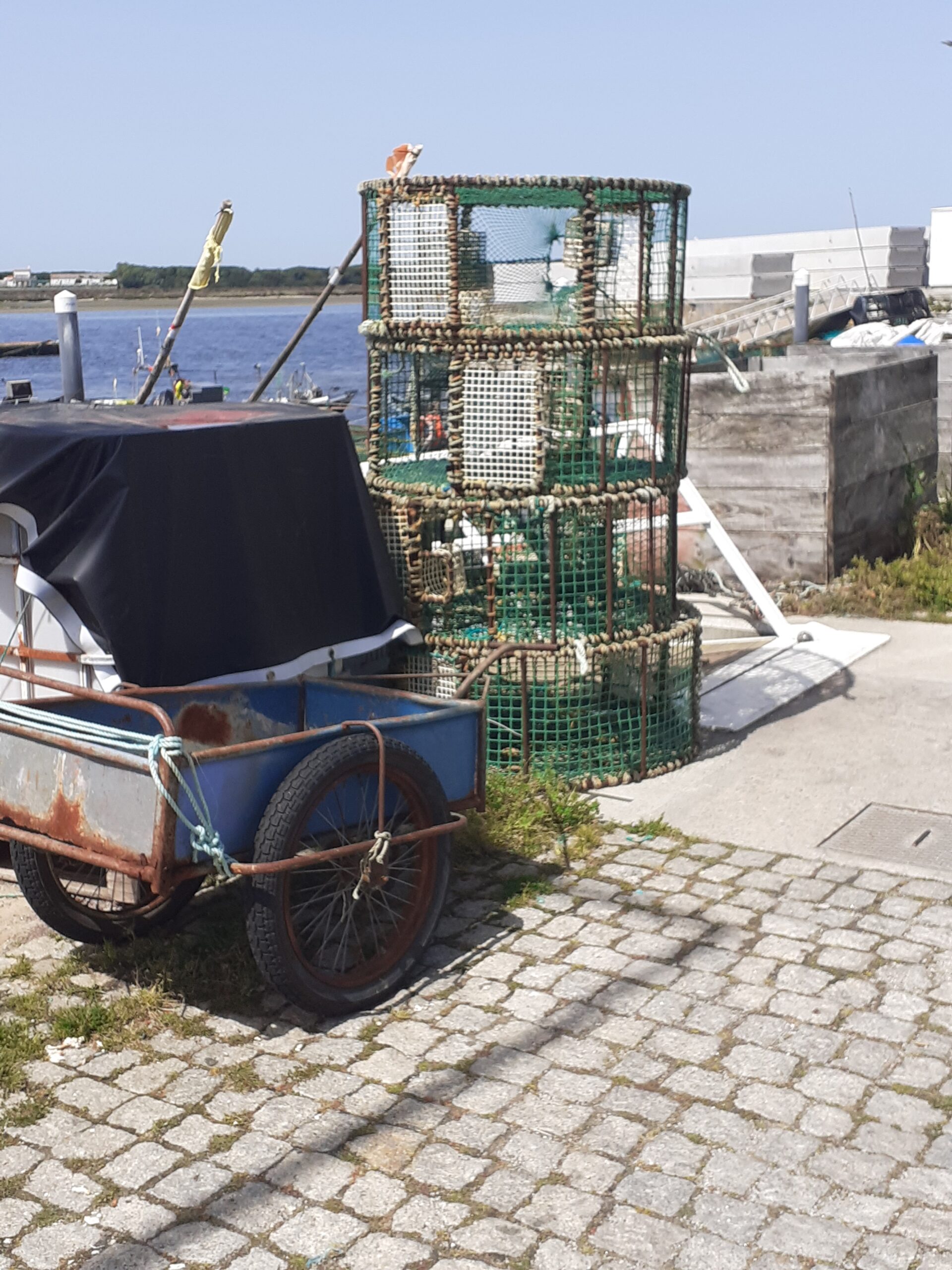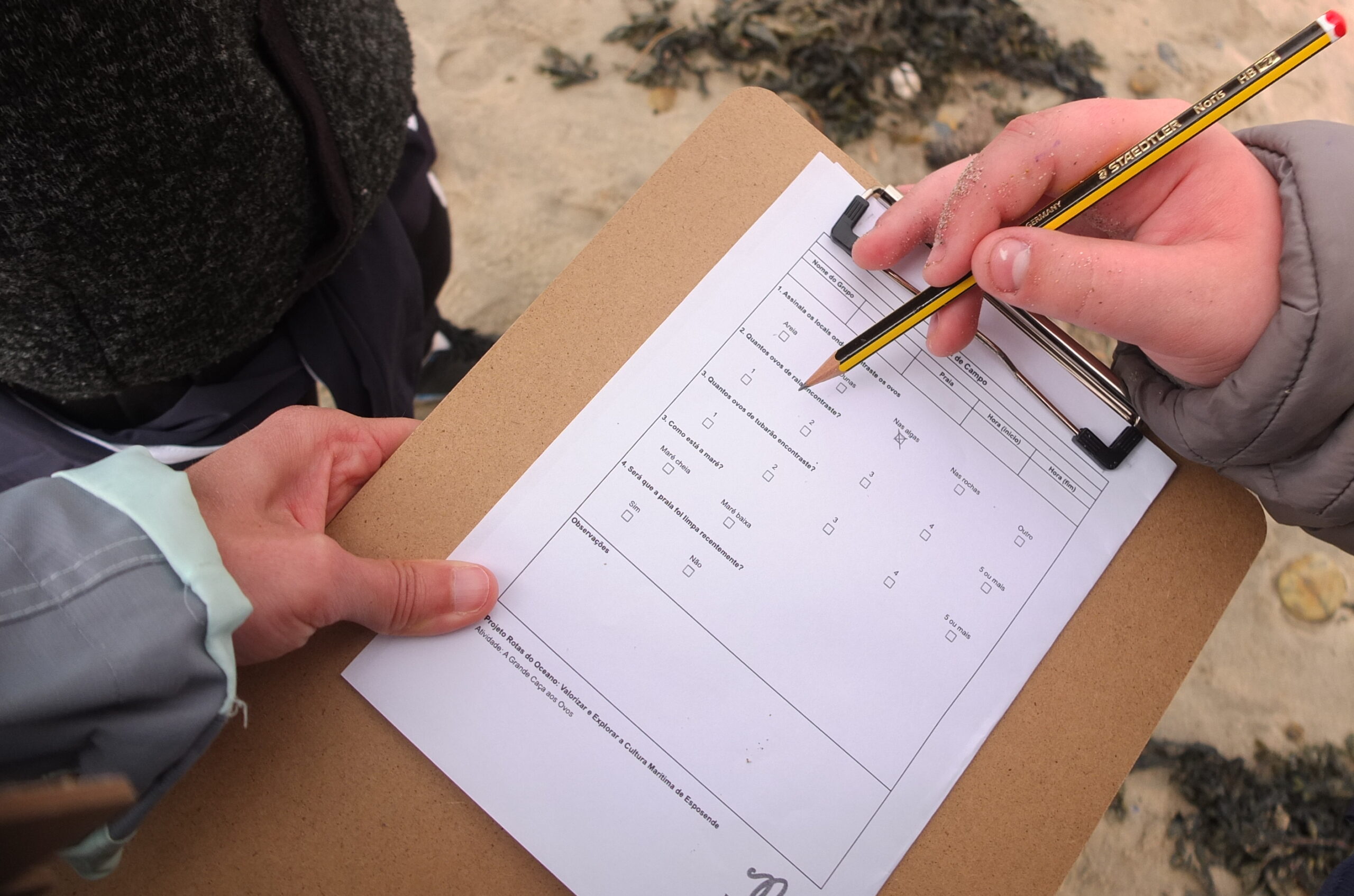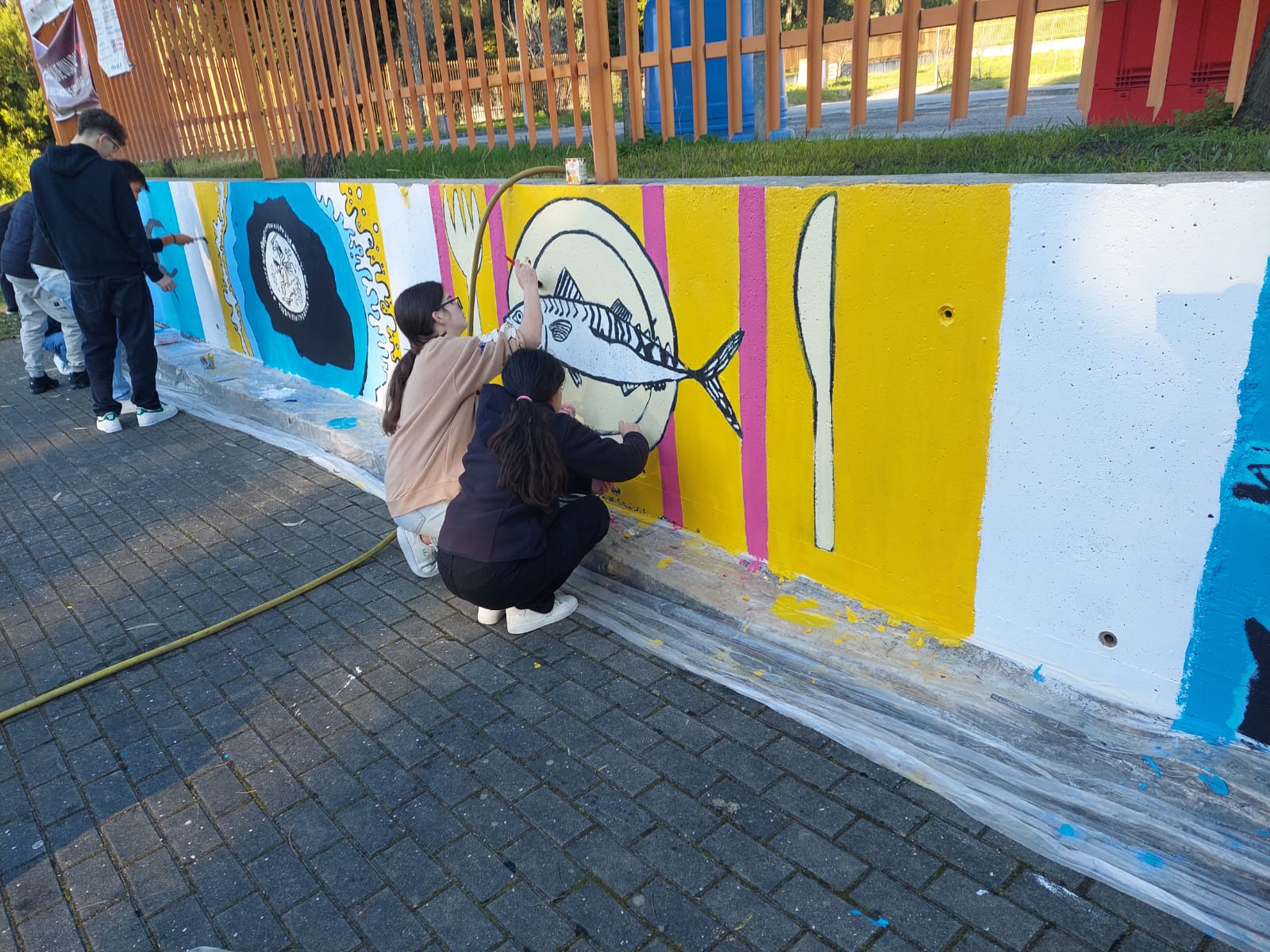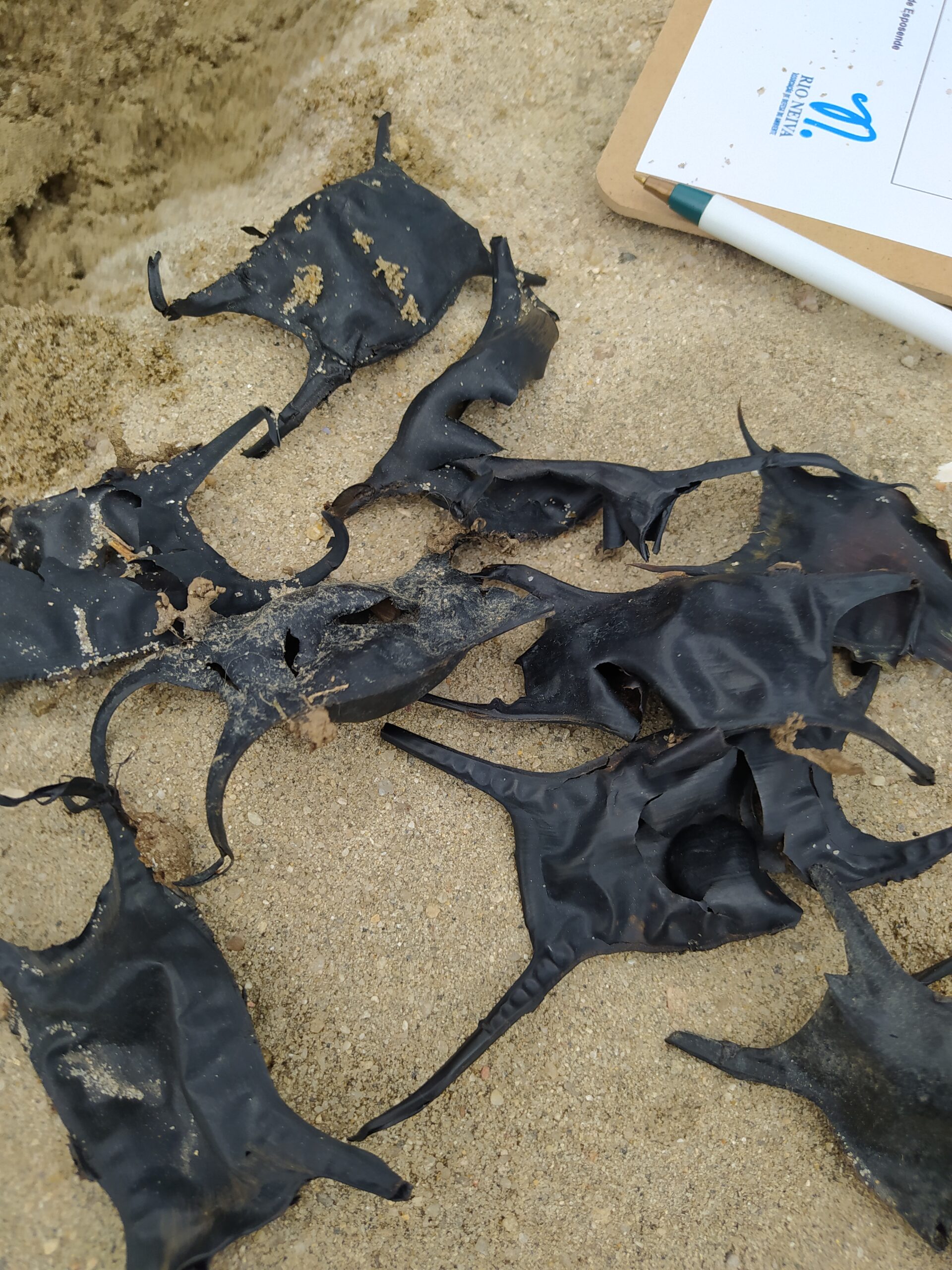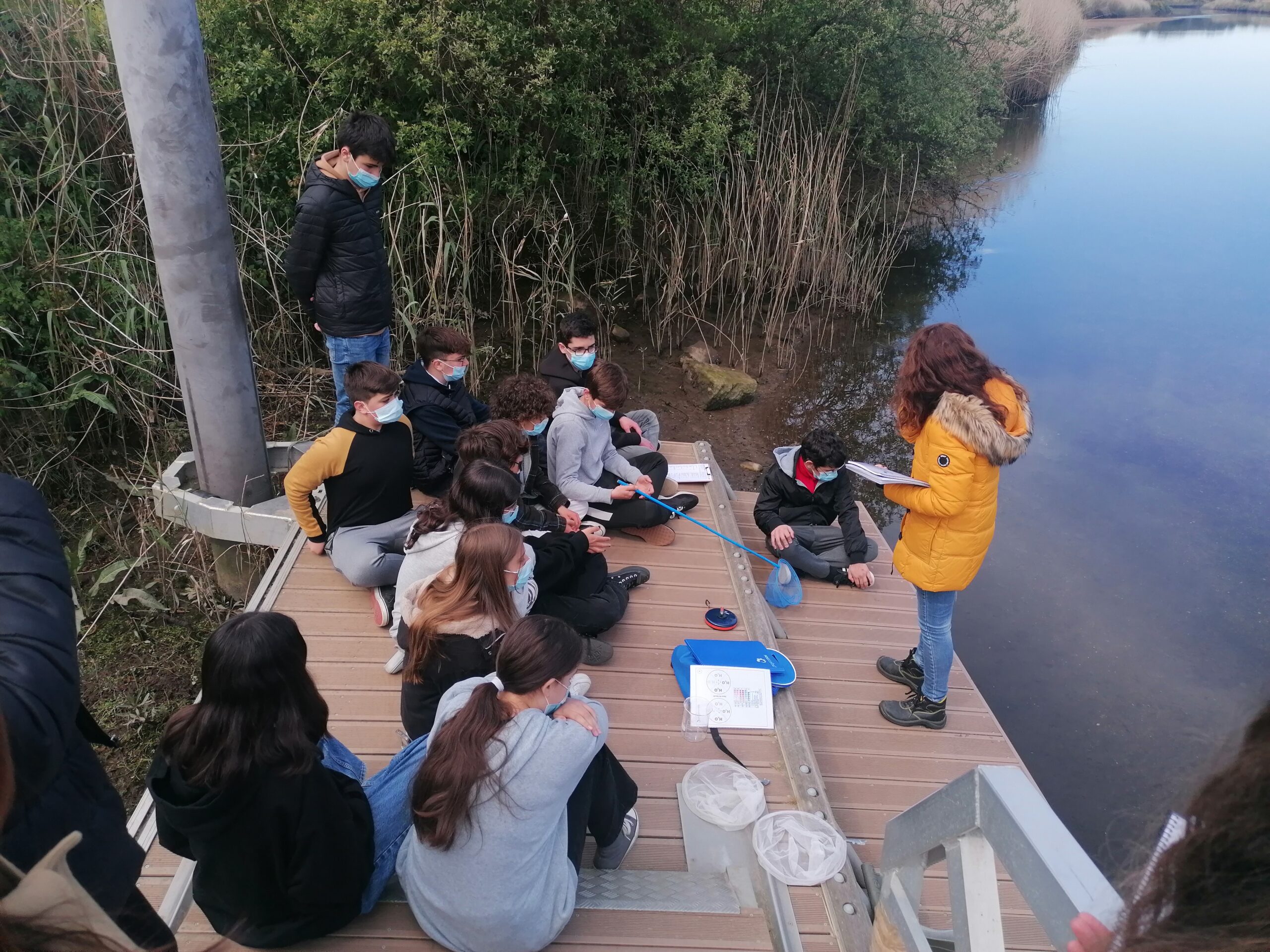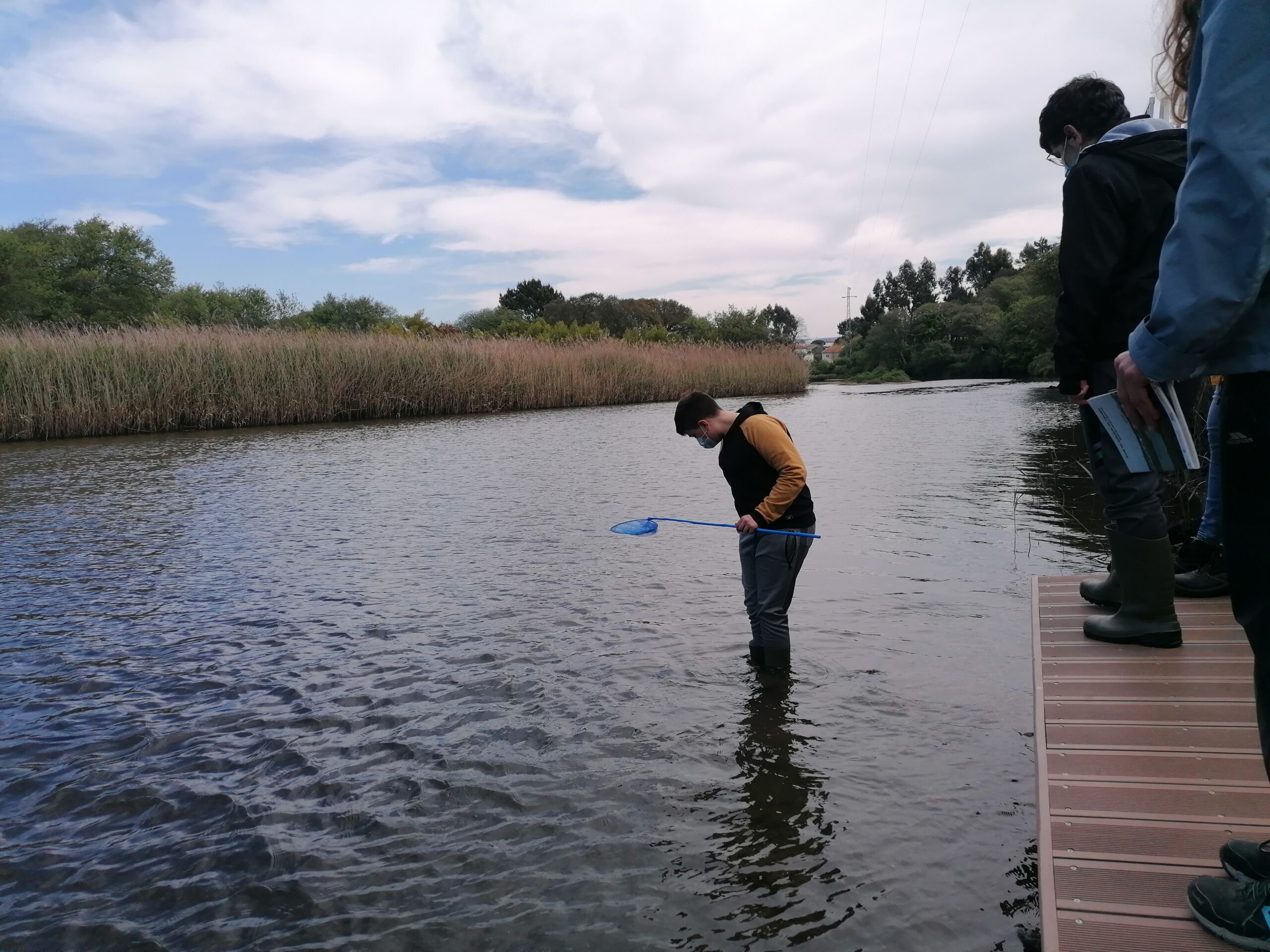Honorary Mention
Exploring and valuing the maritime culture of Esposende – An oceanliteracy and citizen science approach
Ocean Routes was an ambitious and comprehensive project that mobilized a local school community together with local oceanic agents, towards an increased awareness and protection of Esposende Municipality maritime culture and ecosystem, in northern coastal Portugal, within a Natura 2000 site.
The Ocean Routes project was anchored in six ‘routes’ representative of relevant ocean literacy topics in this territory (civilisations and history; gastronomy; biodiversity; sports; literature and music; future and sustainability), allowing to establish reciprocal benefits with existing curricular contents. Central to setting-up these knowledge routes was a citizen science approach, from data collection to analysis, by implementing 89 field sessions, directly and regularly by 1327 students (6-15 years old), together with 163 teachers, feeding the activities of 12 disciplines and 6 citizen science platforms. It was also the first opportunity to bring together 11 local oceanic stakeholders as a way to unlock their knowledge.
The project was grounded in a partnership between Rio Neiva – Environmental NGO (lead), and António Rodrigues Sampaio School Group (consisting of 10 schools).
- Engaged disciplines: Geography, Natural Sciences, World Topics and Citizenship, Portuguese, English, Music, Mathematics, History, Ethics and Religion, Physical-Chemistry, Visual Arts, and Sports
- Contribution to citizen science platforms: Shark Attract, OMARE – Municipal Maritime Observatory, Project Rivers, MIRIM Project, Invasoras.pt, and TrashTraveller.
- Engaged stakeholders: Fishermen Association, Municipal Library, Environmental Education Centre, Interpretative Centre of S.Lourenço, DOCAPESCA Fish Markets, Esposende Vocational School, Nautical Station, Municipality of Esposende, Maritime Museum, Municipal Maritime Observatory, and Northern Litoral Natural Park.
- Additional outputs include two exhibitions (+1000 objects, such as illustrations, artistic installations, poems, etc); one final public event; and one scientific paper and presentation.
Jury Statement
This citizen science project is anchored on six main themes representing ocean literacy topics: civilisations and history; gastronomy; biodiversity; water ports; literature and music; future, and sustainability). Each theme has a specific citizen-science approach from data collection to analysis and involves almost a hundred field sessions. The jury highlighted the engagement of local school communities with relevant stakeholders to protect local maritime culture and ecosystem in Esposende, a northern coastal town in Portugal.
European Union Prize for Citizen Science Jury 2023 (Kat Austen, Lewis Hou, Pedro Russo, Andrea Sforzi, Stefanie Wuschitz). View full Statement here.
Credits
Ocean Routes was promoted by Rio Neiva – Environmental NGO and António Rodrigues Sampaio School Group, with the support of EEA Grants Portugal, under the call Support for Education Initiatives – Ocean Literacy.
Biographies
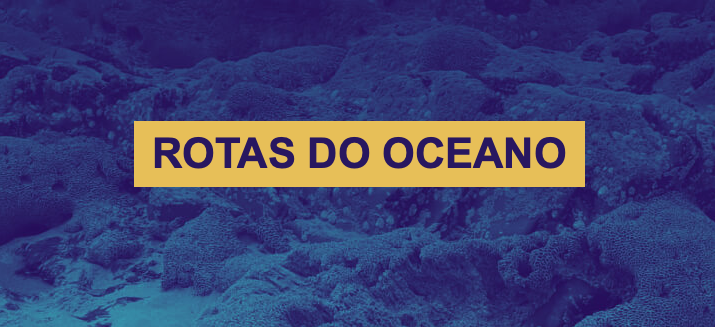
Ocean Routes
Ocean Routes (PT) was promoted by a partnership between Rio Neiva – Environmental NGO (lead) and António Rodrigues Sampaio School Group (partner, total of 10 schools), with the following core multidisciplinary team members: Cristina Nava, MSc Biologist, specialised in marine affairs, as Project Coordinator and Manager; Rui Pedro Almeida, BA Management, as Project Operational Manager; Paula Cepa, BA in Education, Director of School Group, Pedagogical Coordinator; Augusta Almeida, BA in Education, Coordinator of School Libraries, Liaison with Teachers; Rui Monteiro, MSc in Chemical Engineering, Strategy and Research. It is also important to include and publicly acknowledge the 163 teachers (who without their time and commitment Ocean Routes would not have been possible), and as well the 23 local experts (from 11 oceanic stakeholders) who also embarked on the *cean Routes journey and were key facilitators of several activities.
